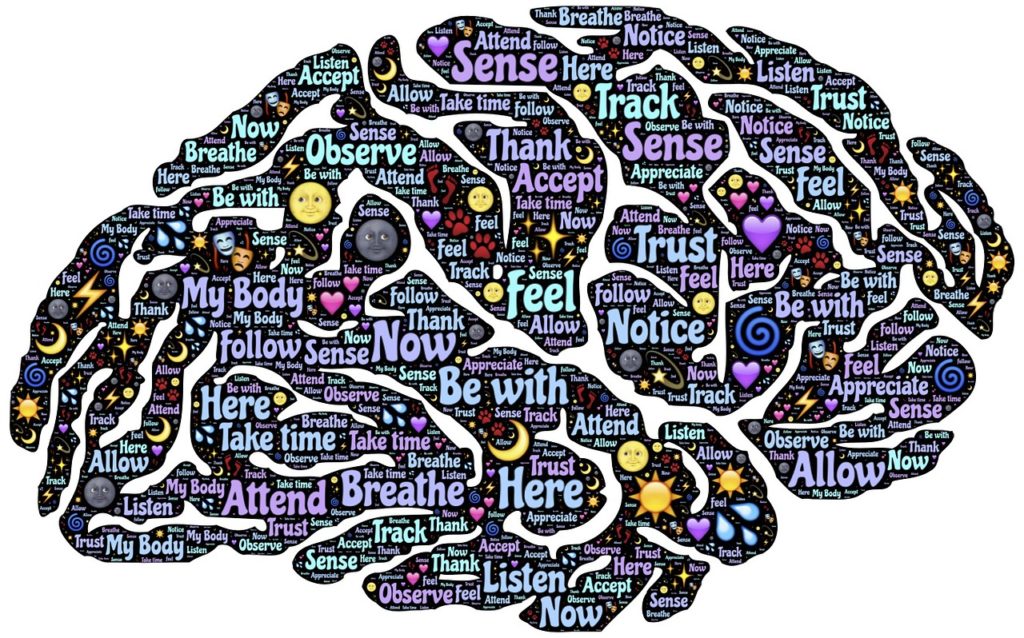Cognitive behavioral therapy (CBT) is a formal therapy but more a psychological skillset that enables one to see the world more clearly, to manage difficult and painful feelings, to problem-solve effectively, and even to awaken. It’s a way of thinking – yet one unlikely learned in one’s upbringing – that facilitates personal growth and conflict resolution, including and even especially in our social experience and connection.
________
“So, what’s the big deal,” one might well respond…unless of course one has come to that sobering realization of how indoctrinated we all are…with deeply held but often poorly understood beliefs. We are, actually, each the product of our particular culture and upbringing; and this has both blessed and cursed us…with biases, distortions, and reliance on limited (and thus limiting) “patterns of thinking.” These beliefs – working mostly “under the radar” of our consciousness yet serving as “the factory” of our emotional experience – have been imposed or implanted through years of conditioning…and almost entirely without our conscious awareness or approval!
For most people, these “hidden” beliefs are manifest as mental rules or assumptions used and practiced daily – without thinking about them or questioning their validity, applicability, or usefulness to us. This is because 1) we never had to, and 2) were never taught to do so in the first place! But the human experience can be, and more often is, rather complex – and our habitually relying on fixed, prejudiced, and uncritical thinking too often leads to painful consequences.
________
CBT is about problem-solving. It’s a strategy for managing difficult experiences, relationships, and feelings. In dealing with a specific issue, one may come to recognize and question embedded and crippling beliefs. And it’s about learning to see other ways – better, more accurate, truthful, and workable ways – to understand and interpret the events and situations we find ourselves in…and to then consider and implement actions and behaviors that will improve outcomes.

